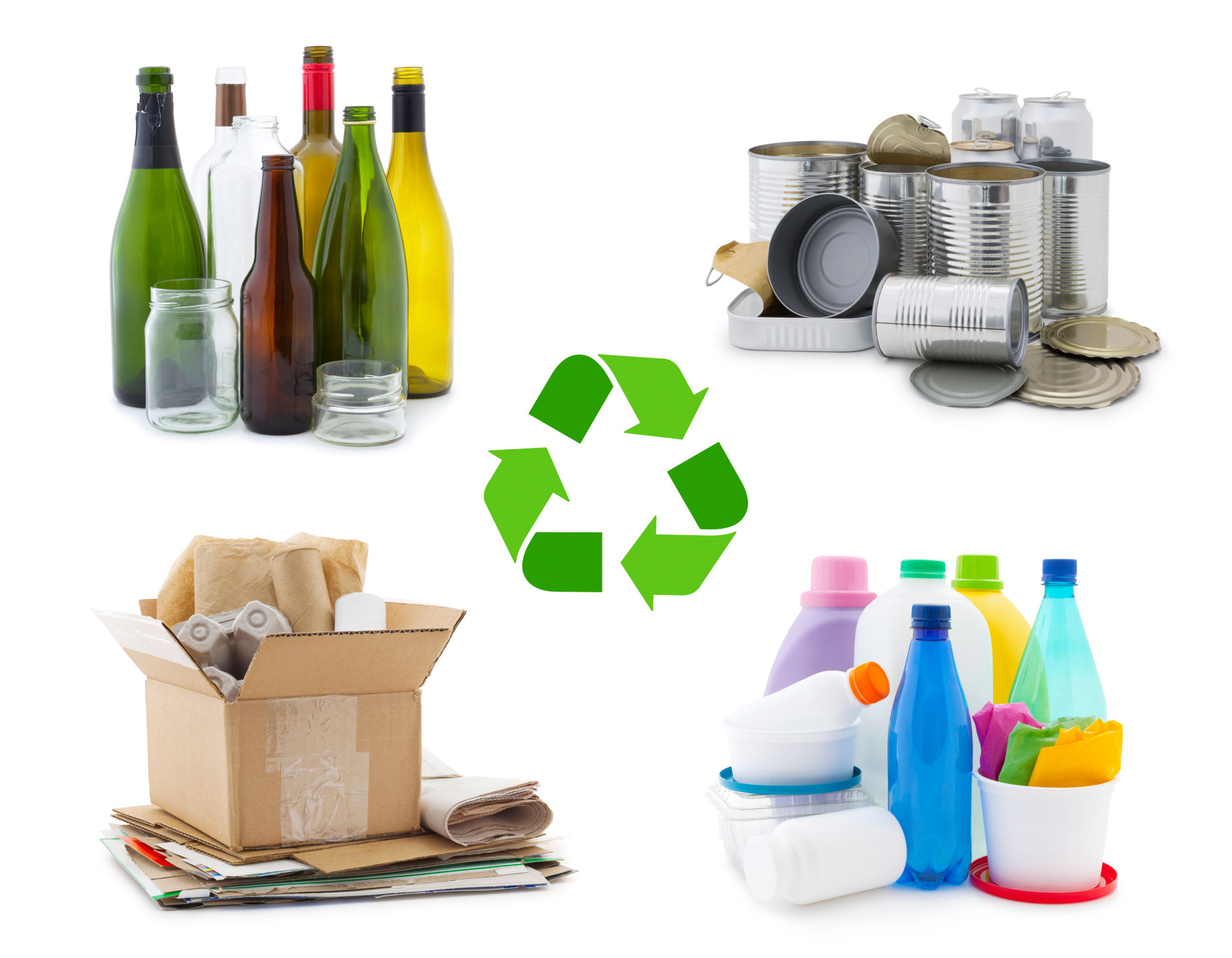Smart Waste Services in New York State: What Businesses Need to Know
TK
Understanding Smart Waste Services
In recent years, businesses across New York State have been turning to smart waste services as a modern solution to traditional waste management challenges. These services utilize technology to optimize waste collection, reduce costs, and enhance sustainability efforts. But what exactly are smart waste services, and how can they benefit your business?
Smart waste services typically involve the use of sensors, IoT (Internet of Things) devices, and data analytics to monitor waste levels in real-time. This allows waste management companies to streamline their operations, ensuring that waste is collected efficiently and only when necessary. For businesses, this means fewer disruptions and more control over their waste management processes.

The Benefits of Adopting Smart Waste Solutions
Businesses in New York State can enjoy several benefits by adopting smart waste solutions. Improved efficiency is one of the primary advantages, as these systems enable more precise scheduling of waste pickups, reducing the need for frequent collections. This not only lowers operational costs but also minimizes the carbon footprint associated with waste collection vehicles.
Another significant benefit is enhanced data insights. Smart waste services provide detailed analytics on waste generation patterns, helping businesses to identify areas for improvement and potential cost-saving opportunities. This data-driven approach allows for more informed decision-making and strategic planning.

Environmental Impact and Sustainability
The environmental impact of waste management is a growing concern for businesses and consumers alike. Smart waste services align with sustainability goals by promoting efficient resource use and reducing unnecessary emissions. By adopting these solutions, companies can demonstrate their commitment to environmental responsibility, which can enhance their reputation and appeal to eco-conscious customers.
Moreover, smart waste services can support recycling efforts by providing accurate data on recyclable materials. This helps businesses to improve their recycling rates and comply with local regulations, further contributing to their sustainability initiatives.

Implementing Smart Waste Services in Your Business
For businesses in New York State considering the transition to smart waste services, it is essential to evaluate their current waste management needs and objectives. Start by assessing the volume of waste generated and identifying key areas where technology could provide the most significant benefits.
Collaboration with a reputable smart waste service provider is crucial. These providers can offer tailored solutions that align with your business goals and help with the seamless integration of new technologies into existing systems. Key factors to consider when selecting a provider include their experience, technology offerings, and customer support services.
Steps to Get Started
- Conduct an assessment of your current waste management processes.
- Research smart waste service providers in New York State.
- Select a provider with a proven track record and suitable technology solutions.
- Implement the technology and train staff on its usage.
- Monitor performance and optimize as needed based on data insights.
By taking these steps, businesses can successfully transition to smart waste services, benefiting from improved efficiency, cost savings, and a reduced environmental impact.

The Future of Waste Management
The future of waste management is undoubtedly leaning towards smarter and more sustainable practices. As technology continues to advance, we can expect even greater innovations in this field, offering further opportunities for businesses to optimize operations and enhance their environmental efforts.
For businesses in New York State, embracing smart waste services is not just about keeping up with trends—it's about taking proactive steps towards a more sustainable future. By staying informed and making strategic investments in technology, companies can position themselves as leaders in both efficiency and environmental stewardship.